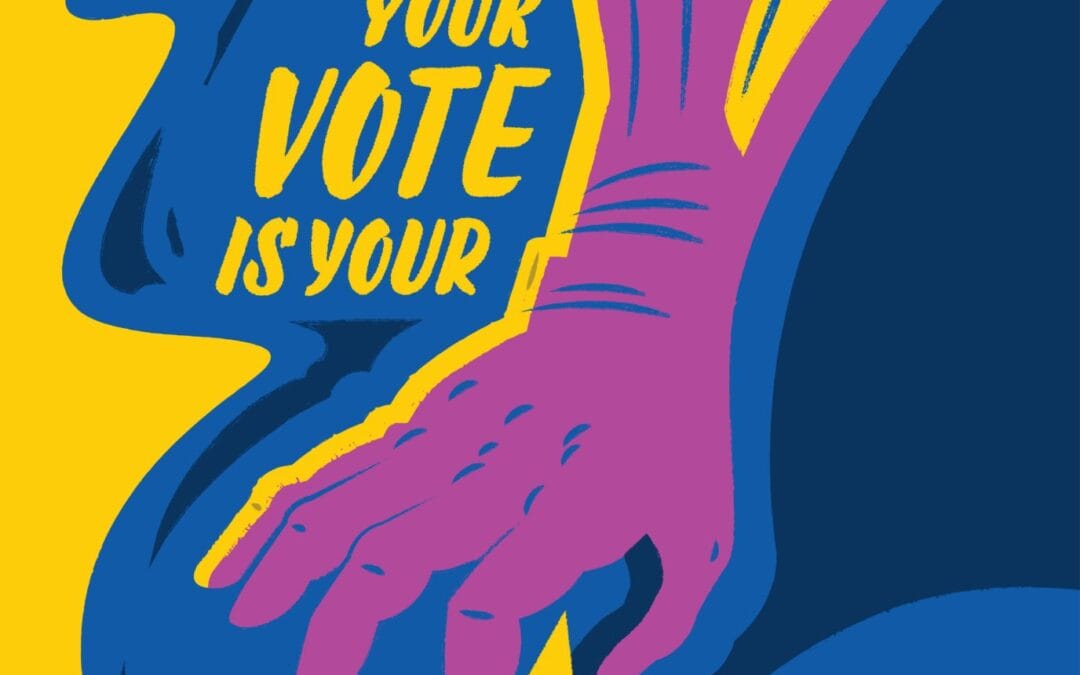Here’s a bit of received wisdom from the conservative side of the aisle, circa maybe 1985. These days, I keep hearing it from Undecideds and folks who explain away the Orange Menace’s garbage mouth: he’s a businessman, he’ll run the country better. (WHAT? The serial bankrupter and nepo baby? “More successful CEOs were too busy for reality TV,” says the NBC chief who ginned up his image for The Apprentice. No, Mr. Insecurity lawyers up to get out of paying what he owes to contractors. The Thin-Skinned Loser was fined repeatedly by regulators for discriminating against black tenants. The Dictators’ Darling sexually harasses and abuses his staff. COME ON! He’s not a businessman, he’s a huckster!)
Anyway, just looking at this logic to see where there’s merit, there is a common sense about the superficial logic of zero-sum: if you don’t break even or better, you’re bankrupt. You have to abide by the basic mathematical logic of dollars in, dollars out.
- Don’t spend more than you earn, which in the case of government also means don’t print money!
- Cut off unprofitable activities (e.g., the postal service)
- Pay people as little as the market will bear and when they don’t produce, get rid of them.
But the Asterisk Administration did NOT run government like a business, more like ran government like a slum lord, or like a private equity firm. To wit: rape, pillage, and get out. Also, Dumpf ballooned the national debt last time and promises to do much worse this time with promised tax cuts and the Heritage Foundation’s 2025 plans to institutionalize this stain. If the country has a collective brain fart and elects him again. (Just no. No! VOTE!)
Government’s not a business, sorry/not sorry
Let’s look at the logical underpinnings of the “run government like a business” argument. Running government like a business simply isn’t possible. The reason a business exists is to make a profit. A government exists for a lot of different reasons but that is never one of them. Governments are there to safeguard the community, in the first instance, and from that point on, everything a government does is decided by people with enough power to influence it. That can mean regulating pollution (or NOT regulating it), taking care of the elderly or people with disabilities or children or others who can’t take care of themselves fully (or NOT taking care of them), educating (or NOT) the populace, doing health and other research, stockpiling fuel, whatever – our elected officials have put this stuff into place, speaking on our behalf. Doesn’t mean we agree with it or would have voted for it in every case, but that’s okay – we compromise. Then we vote people out if we think their decisions don’t represent us.
Theoretically, governments should stay within budget but they must meet statutorily required needs.
Meanwhile, there are times in a country when deficit spending is a valuable tool to spur the economy (Some pros and cons here at Investopedia). An example is the relief checks most of us Americans got from the government during COVID’s devastation. I’m no economist, and I see the inflation that hit hard once the economy started trying to get back on its feet. It’s not a tool we should be using constantly, but the decision to send those checks was pretty warmly greeted by pretty much everyone – given the dire straits many people were in. So “run government like a business” appears to be a wishywashy mantra, to say the least.
We can and should debate how to spend. Did you know we’re spending $1.7 trillion to refresh our nuclear weapons stockpile? It’s kind of hush-hush, so don’t be surprised if this is news to you. I for one would like to revisit this plan, especially since it’s all well over budget already. I am saying that the government budget for the most powerful, wealthy country in the world is not reducible to sloganeering.
Fiscal responsibility is not wrong, but to suggest we vote for someone because he will run the country as if it were a profit-and-loss business is nonsensical. It seems to me that people who want to vote for the Dumpster Fire are just looking for a justification to do it. The only business he runs, the only profit and loss he is concerned with, is and has always been his own.








I’ll vote for you.
Yay! I would hate to take office, but I love the sentiment! :>
I can say now as an elected official responsible as a committee for a $350,000,000 municipal budget, is precisely tasked with doing those things that do not generate profit. Our responsibility is the unprofitable basis for social existence.
We have long agreed that streets and roads are essential. We deem parks and open space critical. And we, to varying degrees, support the mutual benefit of public health. These things call for crosswalks and street signals and pothole repair and snowplowing, none of which have a credit card interface for preferential treatment. They call for playgrounds and soccer leagues and bike trails and senior centers, all of which operate necessarily at a loss. And they call for public safety measures and personnel, none of whom check the victims’ credit score before responding to 911 calls.
Zoning, planning, building permits and inspections, all come at a cost that is not covered by the associated fees, but they prevent housing under a factory, and deaths in fires and preventable catastrophes. They ensure walkable trips to the park and adequate parking and access to mass transit.
The means of paying for these things is taxation and specific fees. Property taxes, though they feel high, do not cover the impact each rooftop brings to the city. So, sales tax revenues make up the bulk of the revenue side. BUT, because keeping government from costing more than the residents can bear is a factor, even those are kept as low as possible, counting on volume and an increasing supply of new business… which requires more houses to draw the commercial enterprises to this community over a neighboring one.
All of this follows its own logical pattern of revenue and expense, cost and benefit. But it is not the same as even the simplest of businesses, which depend on profit to survive (or debt management and investment, but that is another story).
Attempts to run government as a business fail from step one. What we should mean is, “I’ll give my tax dollars to you, but for the love of Dave, please be responsible with them.”
People also quite mistakenly credit Republican administrations for healthy economies, when the greatest growth periods in our recent history have been led by Bill Clinton and Barack Obama.